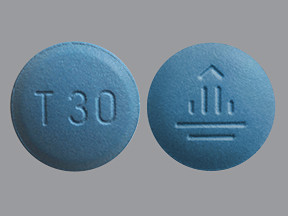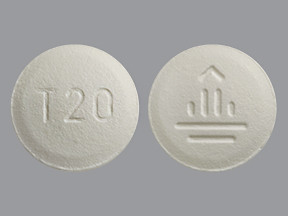AFATINIB - ORAL
PHONETIC PRONUNCIATION: (a-FA-ti-nib)
COMMON BRAND NAME(S): Gilotrif
GENERIC NAME(S): afatinib dimaleate
Uses
USES: Afatinib is used to treat a certain type of lung cancer (non-small cell lung cancer) that has spread to other parts of the body. It belongs to a class of drugs known as kinase inhibitors. It works by slowing or stopping the growth of cancer cells. It binds to a certain protein (epidermal growth factor receptor-EGFR) in some tumors.
How to use AFATINIB - ORAL
HOW TO USE: Read the Patient Information Leaflet if available from your pharmacist before you start taking afatinib and each time you get a refill. If you have any questions, ask your doctor or pharmacist. Take this medication by mouth as directed by your doctor, usually once daily at least 1 hour before or 2 hours after a meal. The dosage is based on your medical condition, response to treatment, and other medications you may be taking. Be sure to tell your doctor and pharmacist about all the products you use (including prescription drugs, nonprescription drugs, and herbal products). Use this medication regularly to get the most benefit from it. To help you remember, take it at the same time each day. Do not increase your dose or use this drug more often or for longer than prescribed. Your condition will not improve any faster, and your risk of serious side effects will increase. Since this drug can be absorbed through the skin and lungs and may harm an unborn baby, women who are pregnant or who may become pregnant should not handle this medication or breathe the dust from the tablets.
Side Effects
Precautions
Interactions
Overdose
Images
Reviews
Faq for AFATINIB - ORAL
Afatinib oral medication is used to treat non-small cell lung cancer (NSCLC) that has spread to other parts of the body.
Afatinib belongs to a class of drugs known as kinase inhibitors. It works by blocking specific proteins that are involved in the growth and spread of cancer cells.
Afatinib should be taken exactly as prescribed by your doctor. It is usually taken once a day on an empty stomach, at least 1 hour before or 2 hours after a meal. The tablets should be swallowed whole with a glass of water.
Common side effects of Afatinib may include diarrhea, skin rash, dry skin, mouth sores, nausea, loss of appetite, and weakness. It is important to report any severe or persistent side effects to your doctor.
Yes, Afatinib may interact with certain medications, including strong CYP3A4 inhibitors, such as ketoconazole, and strong CYP3A4 inducers, such as rifampin. This can affect the levels of Afatinib in your body and increase the risk of side effects. It is important to inform your doctor about all the medications you are taking.
Yes, there is a generic version of Afatinib available. It is typically more affordable than the brand-name version.
The effectiveness of Afatinib can vary depending on the individual and the stage of cancer. It may take a few weeks or months to see the full benefits of treatment. It is important to continue taking the medication as prescribed, even if you do not immediately notice any improvement.
It is generally recommended to avoid alcohol while taking Afatinib as it may increase the risk of liver damage and worsen certain side effects.
If you miss a dose of Afatinib, take it as soon as you remember. However, if it is already close to the time for your next dose, skip the missed dose and continue with your regular dosing schedule. Do not take a double dose to make up for a missed one.
Disclaimer
IMPORTANT: HOW TO USE THIS INFORMATION: This is a summary and does NOT have all possible information about this product. This information does not assure that this product is safe, effective, or appropriate for you. This information is not individual medical advice and does not substitute for the advice of your health care professional. Always ask your health care professional for complete information about this product and your specific health needs.



No Reviews Yet